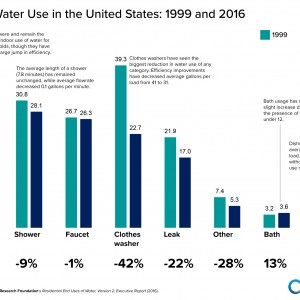The Stream, April 26: Flash Floods Hinder Ethiopia Aid
The Global Rundown
After months of drought that put millions of people at risk of hunger, heavy rains are causing flash floods and impeding aid delivery in Ethiopia. Venezuela began cutting electricity supplies by four hours a day this week to cope with a drought. Water managers in India face a tricky balancing act between industrial and residential users as they await the monsoon. The United Kingdom may enact new requirements for home developments to reduce sewage and stormwater overflows. Amsterdam plans to collect and recycle urine at public events during national celebrations this week.
“Not only are families losing their remaining livestock, but the heavy rain is making the roads inaccessible. Roads are turning into raging rivers and trucks carrying food assistance are unable to reach many communities. If people don’t get aid I am afraid that human lives might be lost.” –Mohamed Hassan, head of the Norwegian Refugee Council’s work in the Somali region of Ethiopia, on the arrival of flash floods in the country after months of severe drought. (Reuters)
By The Numbers
4 hours / day Amount of electricity cutbacks that started Monday in 10 of Venezuela’s 23 states. Low water levels at major hydropower dams are blamed for the energy shortage. UPI
25,000 liters Amount of urine the Amsterdam water board plans to collect from visitors celebrating King’s Day on Wednesday. The urine will be recycled for use as fertilizer. Guardian
Science, Studies, and Reports
The next two months present a critical water management challenge for authorities in India as they await the arrival of the annual monsoon, according to a report from global financial company Deutsche Bank. Consecutive years of drought have drawn down water supplies, and the scarcity could force managers to cut water to industrial users to maintain reserves for drinking water. The Economic Times
On The Radar
The United Kingdom Parliament this week is debating a measure that would require housing developers to implement sustainable drainage systems that allow water to infiltrate where it falls. The change would help alleviate pressure on existing sewer and stormwater systems, which overflow 20,000 times each year. Guardian
A news correspondent for Circle of Blue based out of Hawaii. She writes The Stream, Circle of Blue’s daily digest of international water news trends. Her interests include food security, ecology and the Great Lakes.
Contact Codi Kozacek





Leave a Reply
Want to join the discussion?Feel free to contribute!